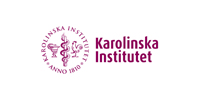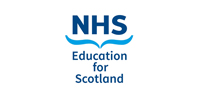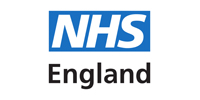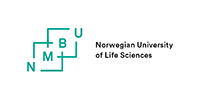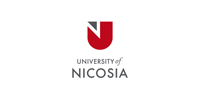If you’re pursuing a career in nursing, there is a good chance that you will be required to complete an OSCE or two as part of your training journey. OSCE stands for Objective Structured Clinical Examination and it was pioneered by Ronald Harden, Professor of Medical Education (Emeritus) at the University of Dundee in 1975.
This assessment method remains a vital component of many nursing education programs at higher education institutions today. It offers educators an effective way to assess a candidate’s knowledge, clinical skills and competence when it comes to common scenarios that nurses will encounter in their professional career on a regular basis. OSCEs facilitate the simulation of realistic scenarios where nurses in training have the chance to demonstrate their ability to deliver safe and effective patient care at an appropriate level matching their stage of training.
Participating in a nursing OSCE at undergraduate level involves completing a number of stations, each of which focuses exclusively on a nursing scenario or skill in a time-constrained manner. Within each station, nursing candidates are required to demonstrate a particular skill such as hand washing, wound dressing or blood pressure measurement while an assessor evaluates their performance against a set checklist of criteria. Depending on the level of nursing candidates and how close to qualification they are, stations can require interaction with mannequins, simulated patients or real patients as part of the scenario.
As well as objectively scoring candidate’s performance, assessors are tasked with providing targeted feedback on candidate performance which is shared immediately following an OSCE so that each candidate can review and learn from their performance. Personalised feedback helps candidates work on areas where improvements can be made before they next need to use similar skills or engage in similar scenarios.
Outside of undergraduate nursing programmes, the OSCE is a big part of licensing processes such as the Nursing and Midwifery Council’s (NMC) registration exam for nurses and midwives who have completed their training outside the EU/EEA. This particular licencing OSCE requires candidates to complete 10 stations focusing on clinical and communication skills with 5 of them focusing on clinical skills, 2 of them focusing on candidate’s values and behaviours and evidence-based practice and the remaining 3 stations are linked together to focus on assessment, implementation and evaluation showcasing the candidate’s ability to follow a nursing associate care process.






